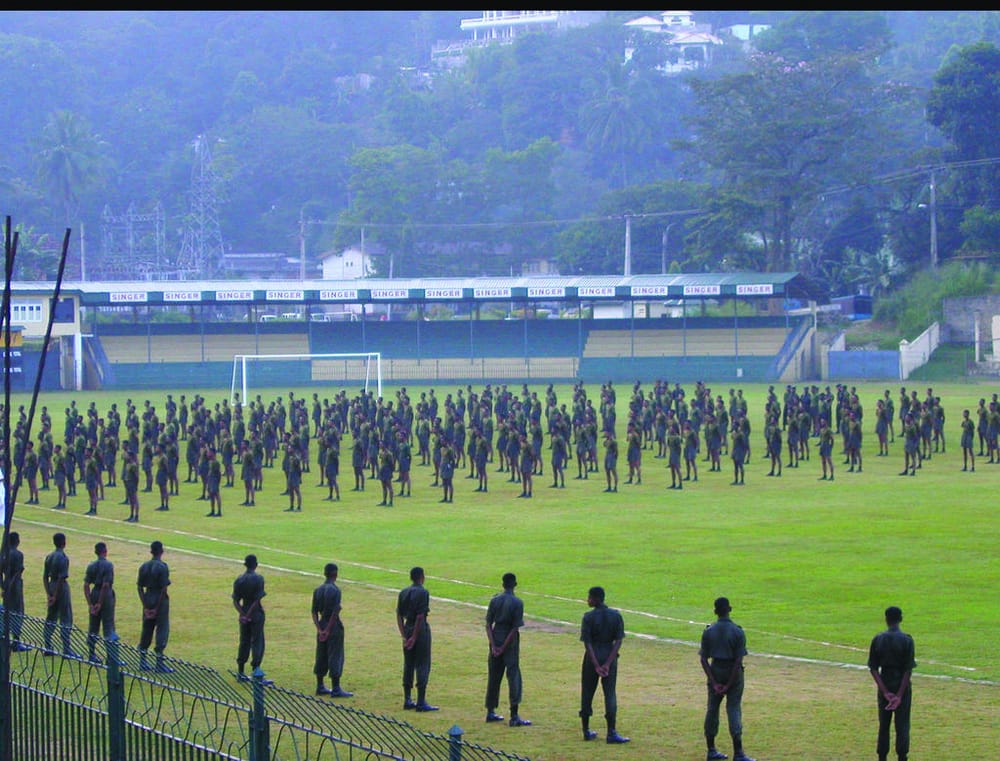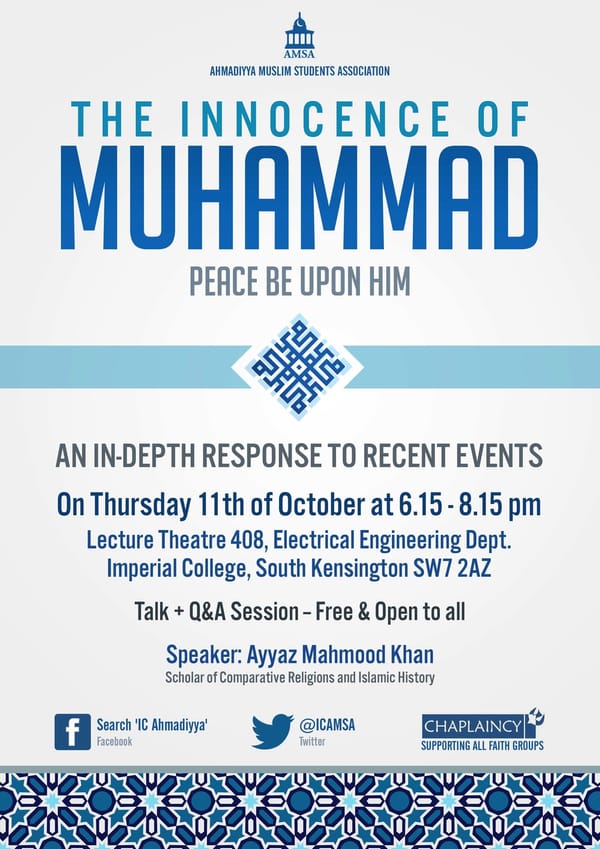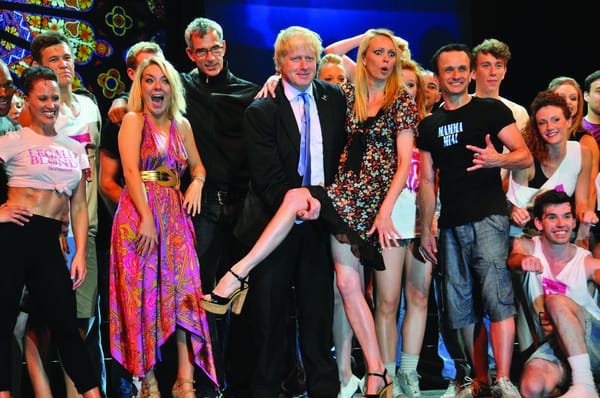Cricket: a tool for reconciliation?
Praveen Gnanasambanthan why sport and politics cannot be separated

The summer of 2012 has been a stunning exhibition of top quality sports, as world-class athletes congregated in London for an unforgettable Olympics and arguably the best ever Paralympics. An intriguing Euro 2012 was showcased earlier in the summer in Eastern Europe, and this trio of gargantuan sporting festivals were bookended by the Wimbledon and US Open Grand Slams. Many would think that this is set to continue into September with the T20 World Cup held in Sri Lanka, but in reality the Tamils that inhabit the Northern and Eastern parts of the country and the Tamil diaspora have plenty of reason to think otherwise.
Questions are once again being raised as to why the International Cricket Council has permitted Sri Lanka not only to participate but also to host one of the sport’s most prestigious tournaments, especially with the on-going allegations of human rights abuses and war crimes against the Tamils of Sri Lanka. This essential role bestowed upon Sri Lanka legitimises and condones a country that is in dire circumstances.
The Government and many distinguished individuals argue that this can help towards the reconciliation between the displaced Tamils of Sri Lanka and the majority Sinhalese population. When explored further, however, the idea that sport can heal the growing rift between the two races simply seems nonsensical. Sport is far too trivial to gloss over the deaths of tens of thousands of civilians and to overcome the racial discrimination that Tamils have been and still are subjected to. The argument is that sport, and its associated celebrations, could be used as a tool to heal the rifts between different parts of society and induce a sense of camaraderie and team spirit. However with the continued failure of the Sri Lankan Government’s Lessons Learnt and Reconciliation Commission (LLRC) to provide accountability for the 40,000 lives lost in the final days of the civil war (as mentioned in the UN Panel of Experts report), is it justified for this country to host such a sporting event? By failing to revoke out-of-date emergency laws and preventing media organisations from entering the northern and eastern parts of the country, the Government has embarked upon greater militarisation and colonisation of these areas. Consequently humanitarian organisations have reported ongoing human rights abuses which can only undo and devastate the supposed healing effects that the T20 World Cup can provide.
Undoubtedly, senior government politicians see this as a way to mask the crimes committed by the Government, rather than something heading in the direction of reconciliation, derived from accountability. On Sri Lanka’s ‘new brand’ Nivard Cabraal, the central bank Governor, stated: “I am confident that this trend will continue in the future and those so-called international calls for [war crimes] investigation will fade away.”
Mindsets such as these further prove that the Sri Lankan Government are loth to make a genuine attempt to investigate and bring justice to the victims of the war. This unwillingness further demonstrates the insincerity and casual nature of the Government towards the resolution passed by the humans rights council, asking for the Government’s own recommendations on the situation, and a timeframe in which they can be carried out. One should enquire whether the T20 World Cup will be utilised as a way to unite a fragmented country or merely as an exercise in distracting the international community from the grave problems the country faces.
As stated by Charu Lata Hogg, the Sri Lanka expert at the London based think-tank Chatham House: “Hosting an international sporting event will not deflect international attention on its core human rights responsibilities.”
Beyond this, applying the view that sports and politics have nothing to do with one another is simply indifferent and very dismissive. This could not be further from the truth. As Archbishop Desmond Tutu has said: “It is a myth to say that sports and politics do not mix.” The Sri Lankan cricket board is intertwined with the Government to its very core, to the point that the members of the cricket boards are selected by means of political pressure and direct intervention from the government. Many questionable selections have been made by the cricket board; as recently as last year, Sanath Jayasuriya was called up to the national team. There has been much debate about whether this was down to his political standing or his now declining sporting ability. With all these allegations of Government controlled selections of the national team being made, we can break down the idea that the Sri Lankan state and cricket within Sri Lanka are unconnected.
Moreover the same army that has been accused of the heinous war crimes in Sri Lanka is responsible for the maintenance and the running of the three largest cricket stadiums. The links between what should be an amazing festival of cricket and the ongoing human rights abuses occurring within the country are clear, and calls for a cricketing boycott of Sri Lanka should be voiced, until genuine and significant attempts are made by the Sri Lankan government to follow the resolution and bring about reconciliation through justice. Through this many avid cricket fans can enjoy a less politically influenced world cup.
Calls for the exclusion of Sri Lanka from cricket should not be seen as too robust or excessive; in fact, sport has been helpful in bringing about changes to countries with dire situations, most notably South Africa. In that case, the United Nations created a “Register of Sports Contacts with South Africa” which put the spotlight on sporting stars that were unwilling to stay away from Apartheid South Africa. Many international sporting bodies banned South Africa from participating until it finally gave way to the end of Apartheid.
More recently, Desmond Tutu, a figure key to this South African boycott, once again called out for English cricketers to avoid competing with Zimbabwe until a political change was brought about and Robert Mugabe was taken out of power: “I believe that a significant part of the population in Zimbabwe would say [the cricketers] should not be here, because you are lending a legitimacy and respectability to a country that is in a shambles because of one person.”
Many parallels can be drawn between Zimbabwe and Sri Lanka where the T20 World Cup is “lending a legitimacy and respectability to a country that is in a shambles.”
Sports fans and cricket fans across the globe have every right to question what initially appeared to be unnecessary calls for exclusion or boycott of the World Cup. However there are evident links between the Sri Lankan cricket board and a government that has engaged in numerous war crimes. The T20 World Cup might have started but the time to take a stand against Sri Lanka is never too late. One can only hope that the governments and cricket boards of the participating countries will realise that humanitarian issues should take precedence over sporting ones.







